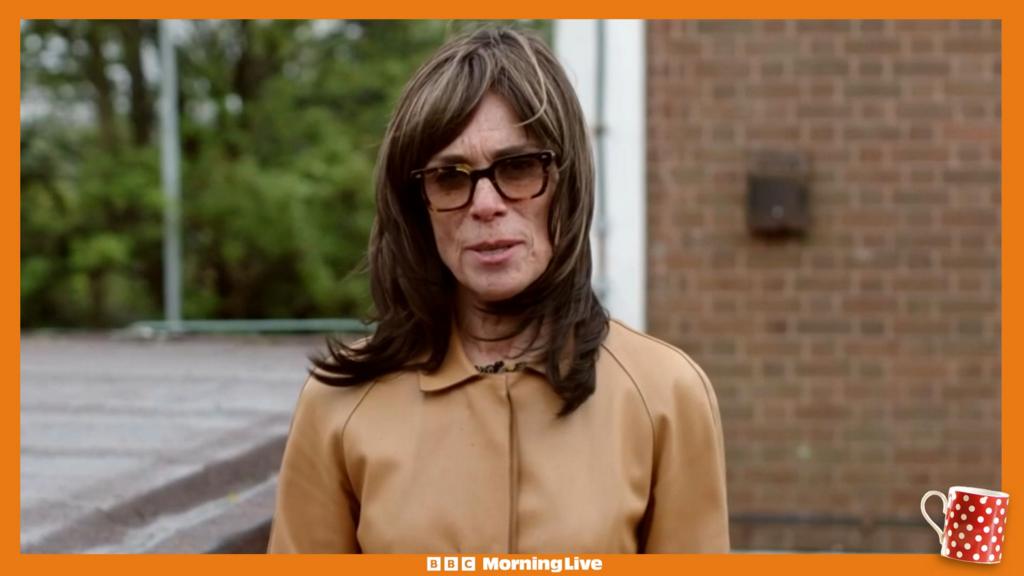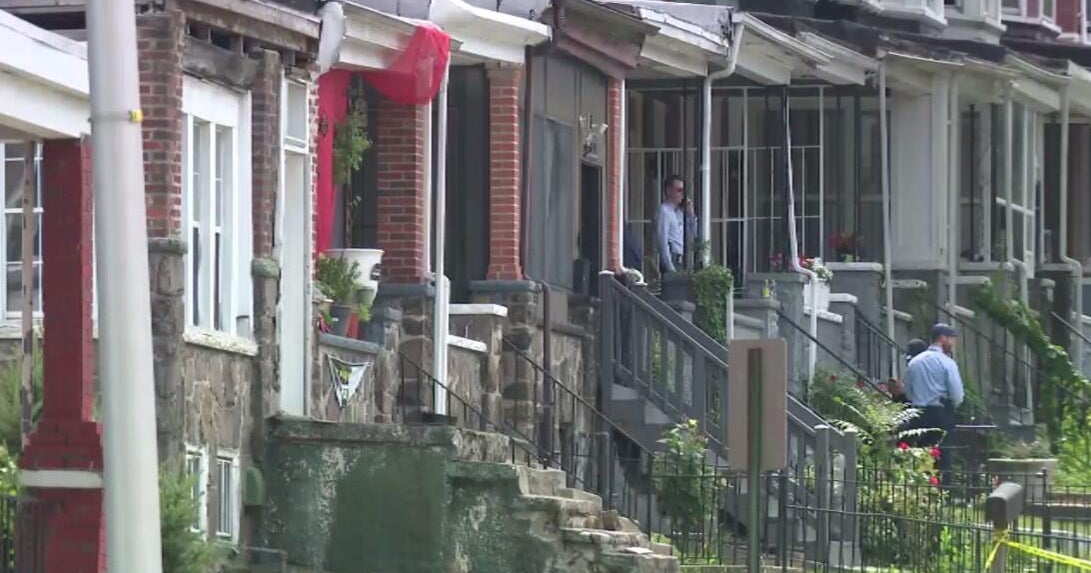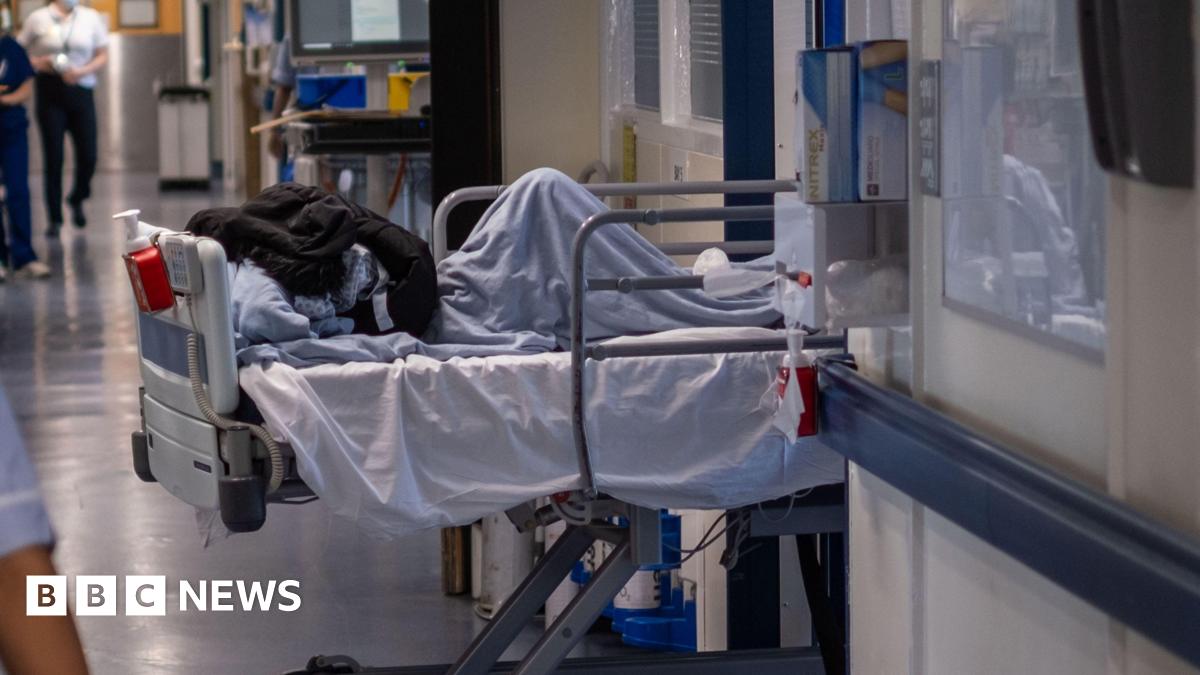Hoarding Crisis: Why Experts Are Declaring It a Mental Health Emergency in South Africa

Hoarding: A Growing Concern in South Africa
Recent reports highlight a concerning trend: hoarding behaviour is increasingly being recognized as a significant mental health issue, even reaching crisis levels. While many might dismiss it as mere clutter or disorganization, for a growing number of individuals in South Africa, hoarding is a debilitating psychological disorder that demands attention and support. This article explores the growing problem, its impact, and what resources are available to those struggling with hoarding.
What is Hoarding Disorder?
Hoarding disorder is more than just collecting things. It’s a persistent difficulty discarding or parting with possessions, regardless of their value. This results in an accumulation of items that congest and clutter living areas, significantly impacting the individual's ability to use their space and often leading to unsanitary and unsafe living conditions. It's important to distinguish between collecting (where items have a specific purpose or value to the collector) and hoarding (where the accumulation is excessive and dysfunctional).
Why the 'Mental Health Emergency' Designation?
The designation of hoarding as a “mental health emergency” isn't an exaggeration. The scale of the problem is becoming increasingly apparent. Several factors contribute to this growing concern:
- Increased Awareness: Greater public awareness of hoarding disorder means more people are being diagnosed and seeking help.
- Social and Economic Factors: Economic hardship, job insecurity, and feelings of loss can exacerbate hoarding tendencies. People may hold onto items as a form of security or attachment to the past.
- Underlying Mental Health Conditions: Hoarding often co-occurs with other mental health conditions like anxiety, depression, and obsessive-compulsive disorder (OCD). Addressing these underlying issues is crucial for effective treatment.
- Impact on Health and Safety: Hoarded environments can pose significant health and safety risks, including fire hazards, pest infestations, and unsanitary conditions, impacting both the hoarder and their neighbours.
The Challenges of Treatment
Treating hoarding disorder is complex and requires a multi-faceted approach. It’s not simply a matter of clearing out the clutter. Effective treatment typically involves:
- Therapy: Cognitive behavioural therapy (CBT) is a common and effective treatment, helping individuals identify and challenge the thoughts and behaviours that contribute to hoarding.
- Medication: In some cases, medication may be prescribed to address underlying anxiety or depression.
- Support Groups: Connecting with others who understand the challenges of hoarding can provide valuable support and encouragement.
- Professional Organizers: Working with a professional organizer experienced in hoarding situations can assist with the physical decluttering process, but only as part of a broader therapeutic plan.
Resources in South Africa
While specific hoarding support services in South Africa may be limited, several organizations offer mental health assistance that can be beneficial. Consider reaching out to:
- Mental Health Foundations: The South African Depression and Anxiety Group (SADAG) and other mental health organizations can provide information and referrals.
- Psychologists and Therapists: Seek a qualified mental health professional with experience in treating hoarding disorder.
- Social Workers: Social workers can assist with navigating support services and accessing resources.
Conclusion
The recognition of hoarding as a mental health emergency underscores the urgency of addressing this often-overlooked condition. By increasing awareness, providing access to effective treatment, and offering support to those affected, we can help individuals reclaim their lives and create safer, healthier living environments. If you or someone you know is struggling with hoarding, please reach out for help. It's a sign of strength, not weakness, to seek support and embark on the journey towards recovery.






